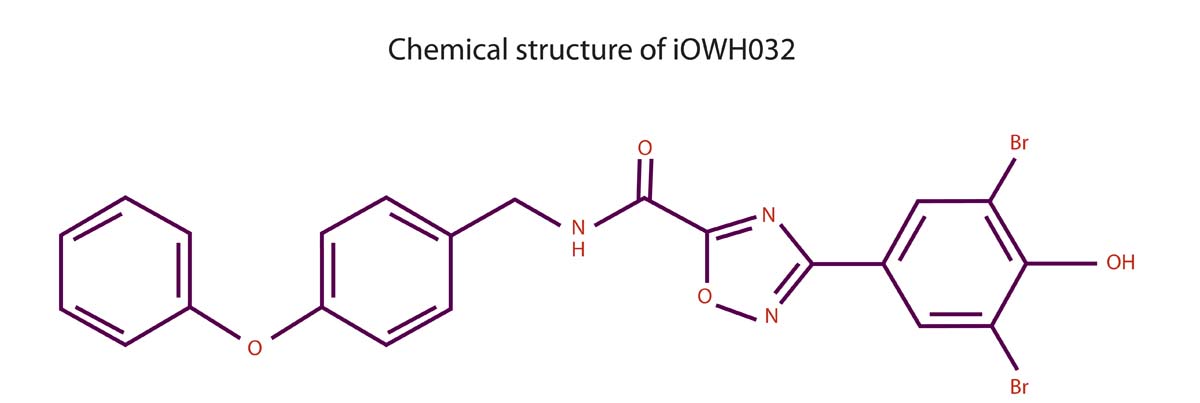Drug Development

The development of novel drugs to treat infectious diarrhea should help reduce the global burden and long-term consequences of diarrheal disease. There are very few drug treatments for specific diarrheal pathogens. In low-resource settings, diarrhea is often inappropriately treated with antibiotics, but they are ineffective against many pathogens, and indiscriminate antibiotic use can lead to bacterial resistance.
Drugs for diarrhea will be important additions to an integrated approach that includes greater access to safe water, new and improved vaccines, oral rehydration therapy with zinc supplementation, and nutrition.
iOWH032, investigational new drug for secretory diarrhea
Oral rehydration solution (ORS) is effective in preventing deadly dehydration for all forms of diarrhea. But caregivers are sometimes alarmed when the diarrhea continues through the ORS treatment and prematurely stop rehydration in favor of inappropriate antibiotics instead.
PATH has led the discovery and development of iOWH032, a new chemical entity with the potential to be the first synthetic drug of its kind designed to reduce fluid loss from secretory diarrhea, which is most commonly caused by rotavirus, cholera, and enterotoxigenic Escherichia coli bacteria transmitted through poor sanitation and contaminated water in developing countries.1,2,3 Secretory diarrhea can last from hours to days and is associated with copious fluid loss and rapid, life-threatening dehydration. By targeting the cystic fibrosis transmembrane conductance regulator (CFTR) chloride channels in the cells that line the intestines, iOWH032 directly inhibits diarrheal secretion and aims to shorten the duration and severity of dehydration.
If approved, iOWH032 would be recommended for use with oral rehydration and other proven therapies and could encourage wider adoption of and compliance with those lifesaving treatments.
Innovation to halt diarrhea's long-term consequences
Cryptosporidium (Crypto for short), a parasite, is one of the leading causes of moderate-to-severe diarrhea in young children. Crypto is also commonly responsible for causing long-term gut damage, even after diarrhea symptoms dissipate. Drugs to treat it could have a significant impact for malnourished and immuno-compromised children who are especially vulnerable. PATH is working with partners to identify and advance the most promising drug candidates and convenes global experts for a bi-annual symposium to help to coordinate research.
To better understand the nature of long-term gut damage caused by Crypto and other pathogens—which is called environmental enteric dysfunction (EED)—PATH is also collaborating with a group of partners from academia and the public and private sectors to identify, prioritize, test, and refine interventions and diagnostics for EED.
PATH also launched the Diarrhea Innovations Group, a global network of innovators, as a mechanism for crowdsourcing ideas to accelerate the development and adoption of new diagnostic and therapeutic technologies with the greatest potential to reduce child deaths from diarrhea.
Learn more about global research to defeat diarrheal disease.

1 Lundgren O, Peregrin AT, Persson K, Kordasti S, Uhnoo I, Svensson L. Role of the enteric nervous system in the fluid and electrolyte secretion of rotavirus diarrhea. Science. 2000;287(5452):491–495.
2 Nelson EJ, Harris JB, Morris JG Jr, Calderwood SB, Camilli A. Cholera transmission: the host, pathogen and bacteriophage dynamic. Nature Reviews Microbiology. 2009;7(10):693–702.
3 Qadri F, Svennerholm AM, Faruque AS, Sack RB. Enterotoxigenic Escherichia coli in developing countries: epidemiology, microbiology, clinical features, treatment, and prevention. Clinical Microbiology Reviews. 2005;8(3):465–483.
Photo: Jonathan Torgonovik.














